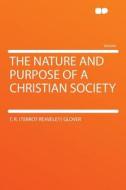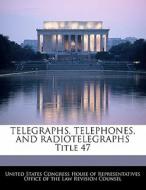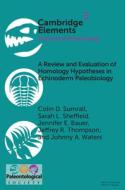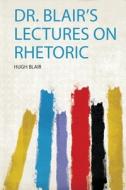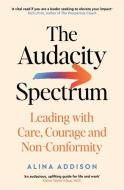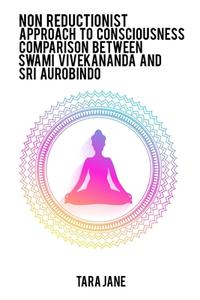
Non reductionist approach to consciousness Comparison between Swami Vivekananda and Sri Aurobindo
- Editore:
prakharpravachanyt
- EAN:
9787886038389
- ISBN:
788603838X
- Pagine:
- 262
- Formato:
- Paperback
- Lingua:
- Cinese
Descrizione Non reductionist approach to consciousness Comparison between Swami Vivekananda and Sri Aurobindo
INTRODUCTION Consciousness is the most fundamental and significant theme for philosophizing. Whether it be philosophy of mind, phenomenology, philosophy of language or cultural theory offering analysis of social action, a discussion on consciousness figures around. Consciousness is perhaps the most familiar yet puzzling entity to be discussed. It is an umbrella term covering many aspects and wide ranging meanings. If one considers consciousness as an entity, it is an aspect of reality. One may also explain it as a reflection of whatever property or aspect attributed by the term 'conscious'. Many are the possibilities of reaching out to consciousness. The fundamental question that arises in this context is: whether one makes an 'explanation' of consciousness or an 'understanding' of consciousness or 'experience' or 'realisation' of consciousness. It is due to the difference in the approach that the puzzle appears and therefore the solution tied up with consciousness arises. Scientific efforts are, in fact, an attempt at the explanation of consciousness. Logical argumentations and philosophico-linguistic expressions may help to understand consciousness. But consciousness as a metaphysical entity is beyond physicalist explanations or logical reasonings and therefore linguistic expressions. It is to be experienced through phenomenological reductions or meditative introspective first person approaches. 2 The problem of consciousness arises only when one takes third person approaches to understand consciousness. The fundamental problem of consciousness arises when one asks, how the subjective experiences arise from objective brains. The problem, in fact, is to be addressed at its roots. Here consciousness stands as the object of cognition. But consciousness is the subject of cognition. Therefore in third person approaches one seems to use consciousness as a tool to investigate or understand itself. The other way is to take an epistemologicalmetaphysical position where the subject of cognition, object of cognition and the process of cognition- all are fused into one. What method does one actually follow in addressing the question of consciousness is perhaps the crucial issue of consciousness. It also leads to the various positions like reductionism, anti-reductionism or non-reductionism. The contributions made by Vedanta and Phenomenology in arriving at consciousness through first person approaches derive much attention. The Mandukyakarika gives a detailed exposition of the analysis of the experience of consciousness. Similarly Husser! also focusses our attention on the fundamental achievement of pure consciousness and an absolute experience in its subjective flow through the methodology of phenomenological reduction. What follows from the above contention is that ontology or metaphysics and epistemology are tied to each other in this context. At the one end consciousness is ontological. It is existence. At the other end it is epistemological. It is experience. If consciousness is existence, the important thing to see is where it exists. It exists in human beings. It exists in the universe. There arise differences in this ontological stand also. While physicalists want to see that consciousness as an entity does not exist and what we call consciousness is only a by-product of the brain (matter) the idealists or dualists want to maintain that consci9usness as an entity is .. different from the physical states. But both of them fail to unite the physical with the mental, the,

